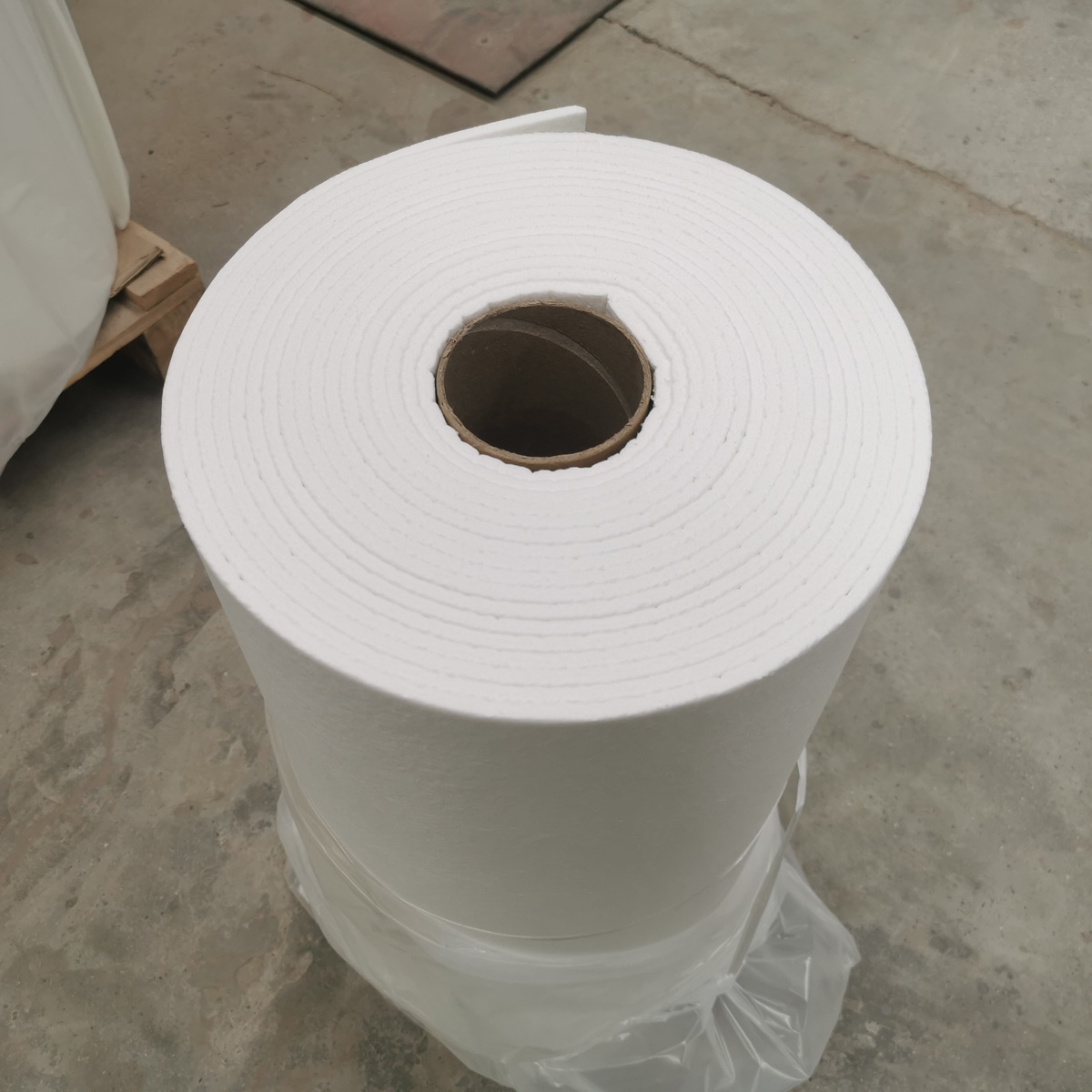Ceramic paper, also known as ceramic fiber paper, typically performs well in outdoor applications exposed to sunlight and weathering due to its inherent properties and composition.
Here’s how ceramic paper performs in such conditions:
- Weather Resistance: Ceramic paper is made from inorganic ceramic fibers that are inherently resistant to weathering and environmental degradation. It does not rot, decay, or degrade when exposed to sunlight, rain, snow, or extreme temperatures, making it suitable for outdoor applications.
- UV Resistance: Ceramic paper is generally resistant to ultraviolet (UV) radiation from sunlight. While prolonged exposure to intense sunlight may cause some discoloration or minor degradation over time, ceramic paper retains its structural integrity and insulating properties even after extended exposure to UV rays.
- Thermal Stability: Ceramic paper maintains its dimensional stability and thermal insulation properties in outdoor environments, even under fluctuating temperatures and thermal cycling. It does not shrink, warp, or expand significantly due to temperature changes, ensuring consistent performance over time.
- Moisture Resistance: Ceramic paper is resistant to moisture and water absorption, which helps to prevent degradation and maintain its insulating properties in humid or wet conditions. It does not become soggy or lose its structural integrity when exposed to rain, snow, or high humidity levels.
- Chemical Resistance: Ceramic paper is generally resistant to chemical corrosion from exposure to acids, ceramic paper alkalis, solvents, and other chemicals commonly found in outdoor environments. This chemical resistance helps to ensure that ceramic paper remains stable and functional in a wide range of outdoor applications.
- Fire Resistance: Ceramic paper is inherently fire-resistant and does not contribute to the spread of flames or combustion. It can withstand high temperatures without igniting or releasing flammable gases, making it suitable for use in outdoor applications where fire safety is a concern.
- Durability: Ceramic paper is lightweight yet durable, providing excellent tear resistance and mechanical strength for outdoor applications. It can withstand handling, installation, and exposure to environmental elements without tearing, puncturing, or deteriorating prematurely.
- Insulating Properties: Ceramic paper retains its thermal insulation properties even in outdoor environments, helping to prevent heat loss or gain through building components, equipment, or industrial processes. This thermal insulation capability contributes to energy efficiency and temperature control in outdoor applications.
Overall, ceramic paper performs well in outdoor applications exposed to sunlight and weathering due to its weather resistance, UV resistance, thermal stability, moisture resistance, chemical resistance, fire resistance, durability, and insulating properties. Whether used in construction, insulation, gasketing, sealing, or other outdoor applications, ceramic paper offers reliable performance and long-lasting durability in challenging outdoor environments.
